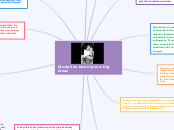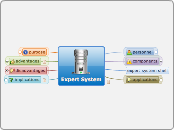von Janice Leung Vor 8 Jahren
483
Discipline techniques
Effective classroom management involves maintaining composure and addressing disruptive behavior calmly. Instead of raising your voice, engage students individually to understand their behavior and remind them of the remaining class time to manage expectations.









